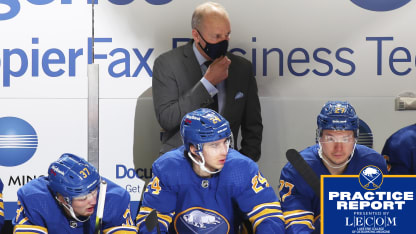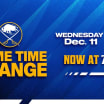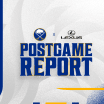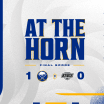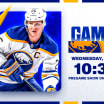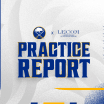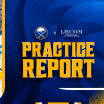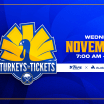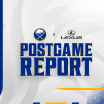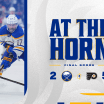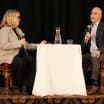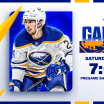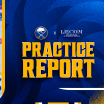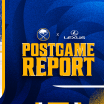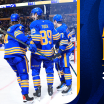Krueger kept his sights forward when addressing the events that led to Buffalo's outbreak. The Sabres had not had a COVID case prior to their game against the New Jersey Devils on Jan. 31, at which time New Jersey had six COVID-related absences.
The Devils added more players into COVID protocol the following day and have not played since. The Sabres' first two additions to the COVID-related absence list came the day after that.
The NHL and NHLPA have since announced enhanced safety measures to reduce the incidence of the virus around the league.
"When you see how many players on both teams were symptomatic, and staff members, too, we clearly had a rough weekend there," Krueger said. "But for me, I like to be constructive and I'm happy the NHL has been as constructive as possible in learning from the experience that we had. So, it seems to make it worthwhile.
"We are, number one, in this game for the game of hockey for the sport, for the league and its success. And that's something that we feel the new protocols are doing is they are protecting the athletes and the staff members. They are protecting the game that we could carry it out through the rest of the season."
Krueger and the Sabres will now be tasked with navigating a significantly condensed schedule of 46 games in less than three months while carefully reincorporating players as they become available from the COVID-related absence list.
All of this comes as the Sabres seek to ascend within a competitive East Division. They entered Sunday just five points out of the fourth and final playoff spot with three games in hand on the team occupying it - which happens to be their next opponent, the Islanders.
Krueger said he will try to direct the team's focus away from the standings and more on its habits as it re-enters from the two-week layoff. Managing ice times and increasing the frequency of days off between games will all be on the table moving forward.
"We need to do only one thing, and that's what's best for the team the team to win hockey games," he said. "If it means staying off the ice between games days, if it means almost avoiding ice completely other than games for certain stretches, that could happen.
"Sports science has never quite as an important role as right now as we can monitor any piece of information we can get on the guys and then work with them accordingly between the game."
